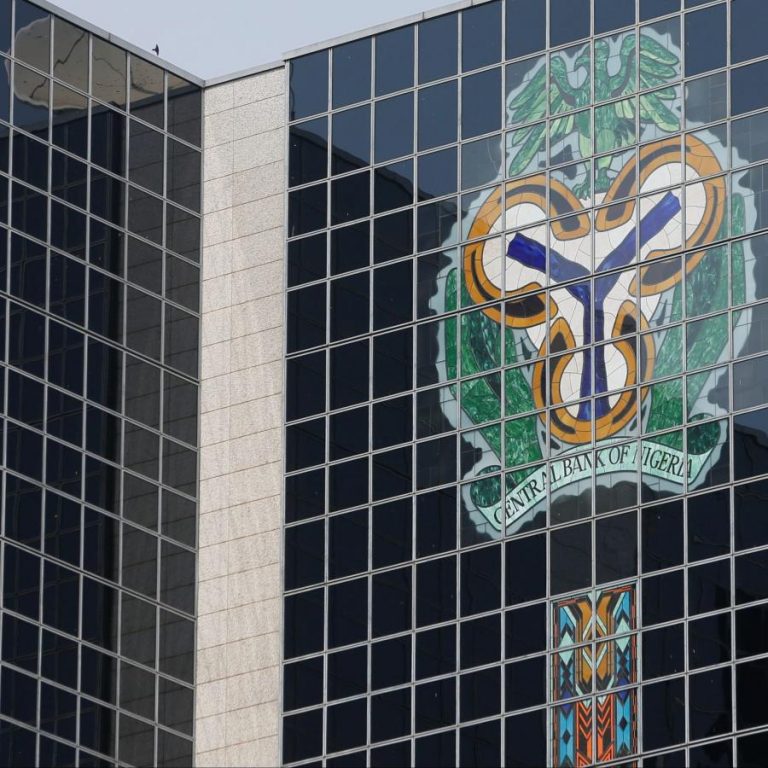
It is becoming a practice for foreign companies desirous of maintaining a representative legal presence in Nigeria without intending to immediately carry on business in the country as subsidiaries of international businesses.
These representative offices are most common in the Banking and Finance sector where they serve important purposes of showcasing their brands and services of their parent companies overseas while serving as a conduit for channeling foreign capital to investment opportunities within Nigeria.
This article will be focused on the topics of :-
Tekedia Mini-MBA edition 16 (Feb 10 – May 3, 2025) opens registrations; register today for early bird discounts.
Tekedia AI in Business Masterclass opens registrations here.
Join Tekedia Capital Syndicate and invest in Africa’s finest startups here.
– The components of the regulatory framework governing banking/finance representative offices in Nigeria.
– The permissible and non-permissible activities of representative offices in Nigeria.
– The licensing requirements for representative offices in Nigeria.
What are the components of the regulatory framework governing representative offices in Nigeria?
Representative offices in the Nigerian Banking and Finance sector are regulated by the Central Bank of Nigeria (CBN) Guidelines For the Regulation of Representative Offices of Foreign Banks in Nigeria.
What is the approved definition of a representative office under the CBN Guidelines?
The Guidelines define a representative office as a liaison of a foreign bank licensed by the CBN with the aim of marketing the products and services of its foreign parent as well as serve as a liaison between its foreign payment and local banks, OFIs, private companies and the general public.
What are the permissible and non-permissible activities of Foreign Bank representative offices in Nigeria?
Permissible Activities
– Marketing products and services of its foreign parent or an affiliate of the foreign parent licensed and domiciled outside Nigeria.
– Research activities in Nigeria on behalf of its foreign parent.
– Connecting banks and OFIs to its foreign parent.
– Pursuing business opportunities for the foreign parent or affiliated institutions regarding the availability and/or syndication of foreign currency denominated loans.
Non–permissible Activities
– Provision of services designated in Nigeria as banking business.
– Provision of any commercial or trading activity that may lead to the issuance of invoices for services rendered.
– Acceptance of orders on behalf of the foreign parent.
– Engaging in any financial transaction directly except as allowed under the guidelines.
What are the licensing requirements for setting up a representative office in Nigeria?
The requirements for setting up a licensed representative office in Nigeria are :-
The Approval-in-Principle stage
– A formal written application to the CBN.
– A “No objection/approval” letter from the home supervisory authority of the applicant company conveying consent for the establishment of the representative office.
– The payment of an application fee of 5 Million Naira to the CBN.
– A board resolution supporting the parent company’s decision to invest in the equity shares of the proposed representative office.
– Evidence of name reservation with the Corporate Affairs Commission (CAC).
– An interview of the promoters of the representative office with the CBN along with a presentation by the promoters to the CBN.
– A detailed business plan/feasibility report.
– A draft shareholders agreement except where the office is 100% owned by the foreign parent bank.
The Final Approval stage
Not later than 3 months after the AIP grant, the following should be submitted to the CBN :-
- A written application to the CBN.
- Evidence of payment of a non-refundable license fee of 10 Million Naira to the CBN.
- A Certified True Copy of the representative office Certificate of Incorporation.
- A Certified True Copy of the representative office MEMART (Memorandum Articles of Association).
- Evidence of the office location of the representative office.
- Names, addresses and CVs of the representative office management staff.
- A schedule of changes, if any, in the board or shareholding of the representative office after the AIP grant.
This will then be followed by a pre-licensing physical inspection of the representative office.



